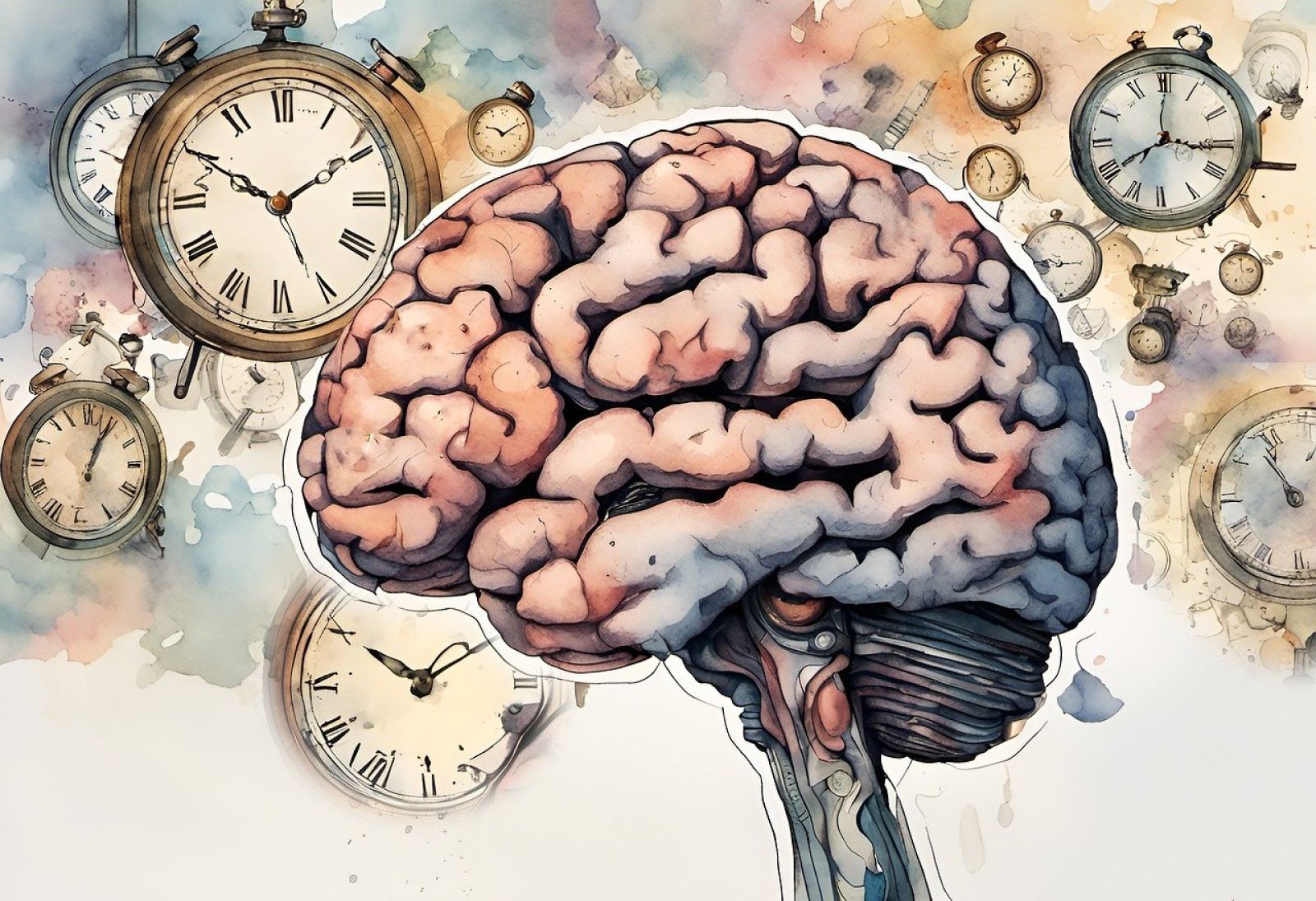Follow us on Google News (click on ☆)
Vaccination is a cornerstone of preventive medicine, having eradicated or controlled diseases like smallpox and polio. A publication in Nature in April 2025 revealed that the shingles vaccine could reduce the risk of dementia by 20%. This discovery opens unexpected perspectives on the secondary benefits of vaccines.

Illustration image Pixabay
The study relied on a modification of health policy in Wales to compare two similar age groups. The results show a significant reduction in dementia cases among vaccinated individuals. Women appear to benefit more from this protection, although the underlying mechanisms remain to be elucidated.
Several hypotheses attempt to explain this protective effect. One involves trained immunity, where the immune system becomes more resilient after vaccination. Another suggests that the shingles virus might directly influence the development of dementia, though further research is needed to confirm these theories.
Dementia represents a major public health challenge, with steadily increasing numbers. Current treatments offer limited benefits, making the search for new approaches crucial. Vaccines, traditionally used against infections, could thus become a valuable tool in preventing neurodegenerative diseases.
Next steps include rigorous clinical trials to validate these observations and fully explore their potential.
What is trained immunity?
Trained immunity refers to an enhanced immune response after exposure to pathogens or vaccines. Unlike specific immunity, it provides broader protection against various infections.
This phenomenon relies on epigenetic changes in immune cells, making them more reactive. Studies suggest that certain vaccines might induce this form of immunity.
Trained immunity opens new possibilities for preventing non-infectious diseases, including neurodegenerative disorders. However, its exact mechanism and therapeutic potential still require in-depth research.
How does the shingles virus influence dementia?
The shingles virus, responsible for chickenpox, can remain dormant in the body for decades. Its reactivation in older adults causes shingles, a painful condition.
Some studies link this virus to an increased risk of dementia, possibly due to the inflammation it triggers in the brain. The shingles vaccine might therefore reduce this risk by preventing viral reactivation.
This hypothesis still needs confirmation through specific studies. Nevertheless, it highlights the connection between viral infections and brain health, a rapidly expanding field of research.